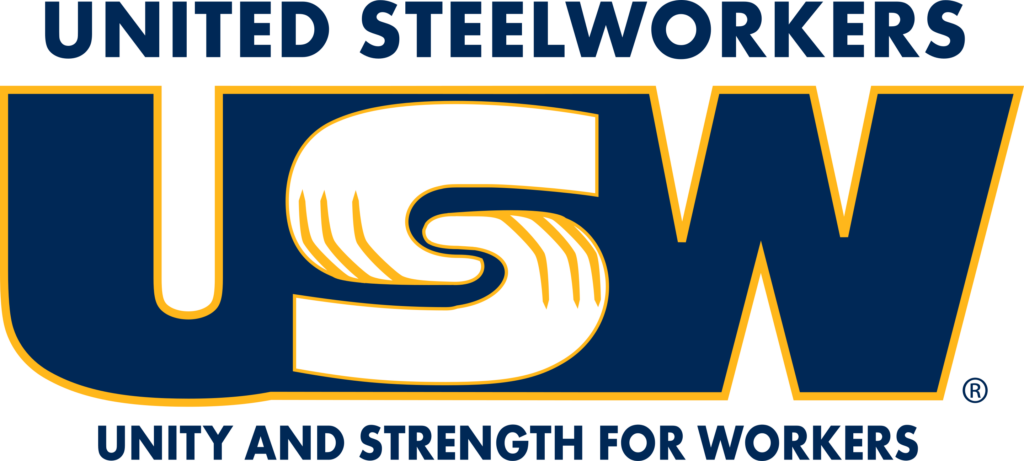USW vs. Nippon Steel

Nippon Steel’s bid to acquire U.S. Steel is in jeopardy over concerns about future job losses and plant closures, according to labor officials and previously unreported correspondence obtained by The Washington Post.
The United Steelworkers has fought the $14.9 billion deal since its announcement last December — with the backing of President Biden. The president is counting on members’ votes in Pennsylvania and other battleground states to win in November. Former president Donald Trump has said he would block the deal “instantaneously.”
Nippon Steel has made a generous offer to the union, including a vow of no layoffs or plant closures under the current contract and a $1.4 billion investment in union facilities, executives said in an interview with The Washington Post.
But the union says that Nippon Steel’s proposal contains substantial holes that would allow it to back out of the union contract — making way for layoffs or plant closures. In a draft of the agreement Nippon sent to the union in March, obtained by The Post, Nippon said, for example, that it could abandon its promise not to conduct layoffs or plant closures in the case of an “unanticipated or significant downturn in business conditions.”
“[Nippon] goes around saying that there’ll be no layoffs and no plant closings at any of our facilities,” said David McCall, president of United Steelworkers, which represents 10,000 workers at the once-iconic American company. “But it’s all conditional. … That’s an absolute empty promise.”
McCall also told The Post that the proposal lacks guarantees that the Japanese steel giant will refrain from using the acquisition to undercut American steel production or will steer its U.S. investments toward nonunion plants. Nippon Steel and other Japanese producers have a “well-established record” of dumping steel in U.S. markets, resulting in job losses, according to the union.
The Commerce Department in recent years has imposed multiple trade penalties on Nippon Steel and other Japanese steelmakers accused of selling products in the United States below their production cost.
These are complicated politics that revolve around a lot of issues–what is the proper role of trade policy, who wins and who loses, union vs. non-union, globalization, etc. But the point of a union is to fight for its own members. Nippon Steel has a long record, and we all know that these kind of corporate “guarantees” are completely meaningless unless backed up with real regulatory backing and of course this is not. It seems to me unlikely this merger will go through, given that neither presidential candidate supports it, even if the corporate class absolutely does. I guess we will see. If a union can stop a big merger like this, it would be a new era in American foreign and economic policy. One of the things Nippon is promising a vast reduction of American steel’s carbon emissions, which would be good, but maybe there are other ways to handle that?
